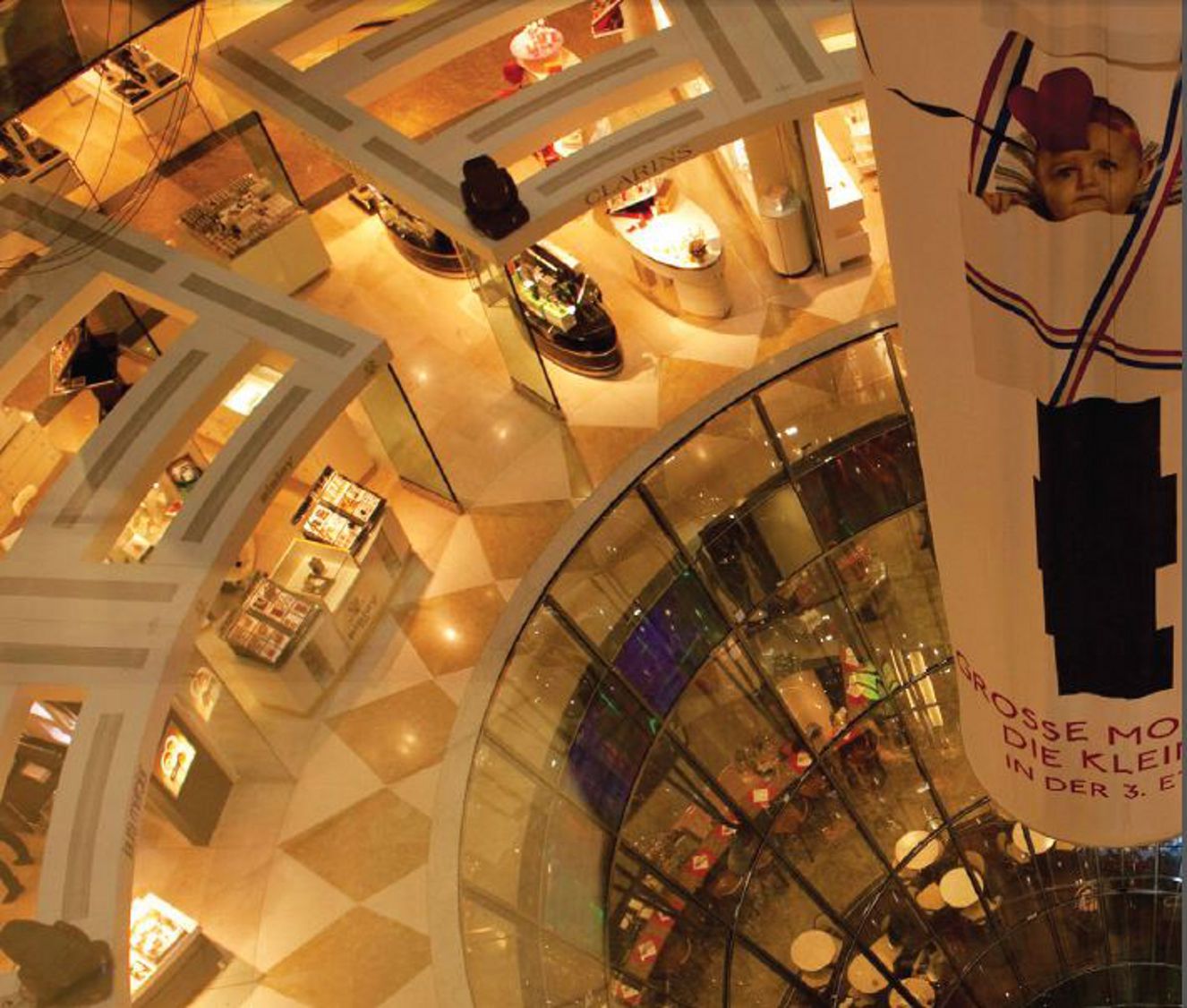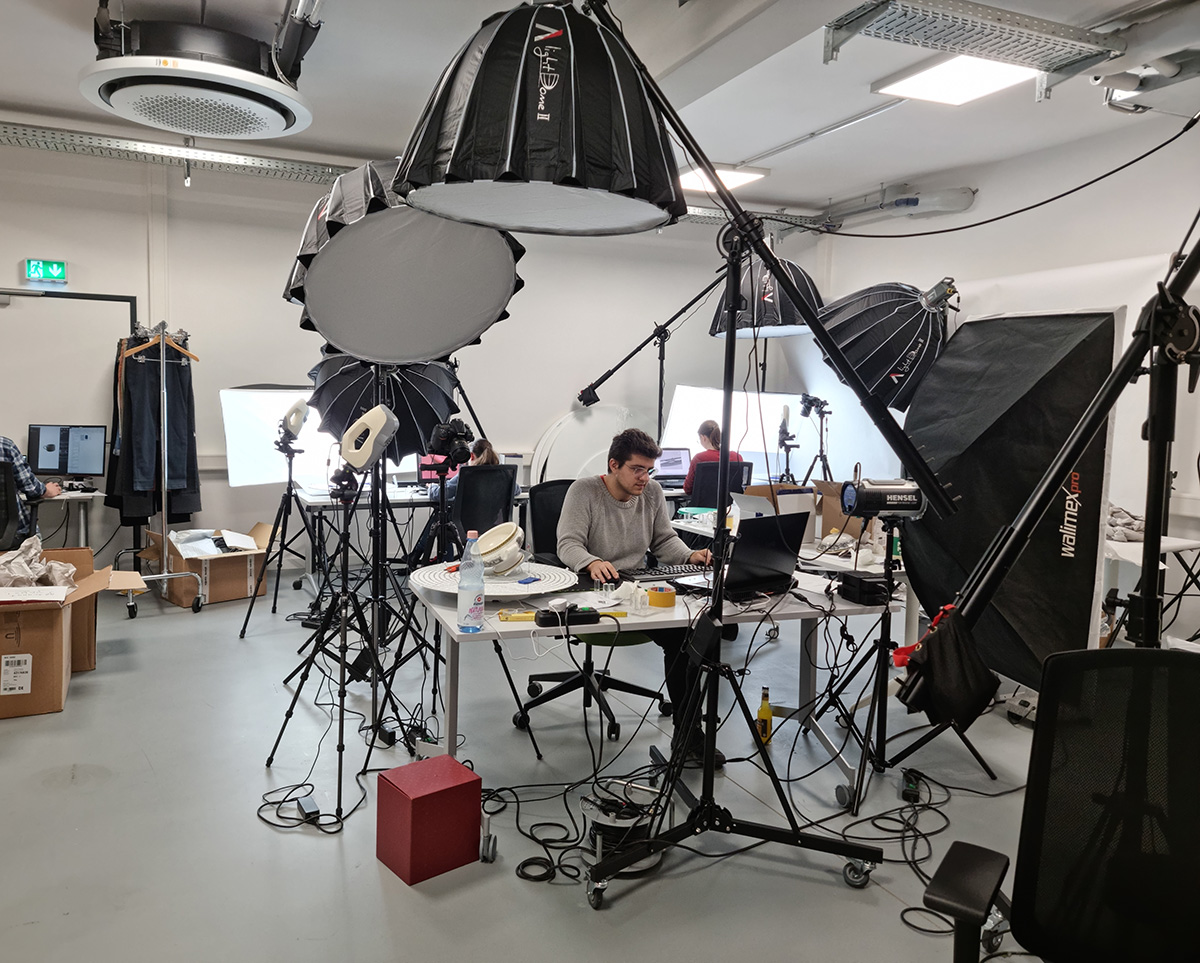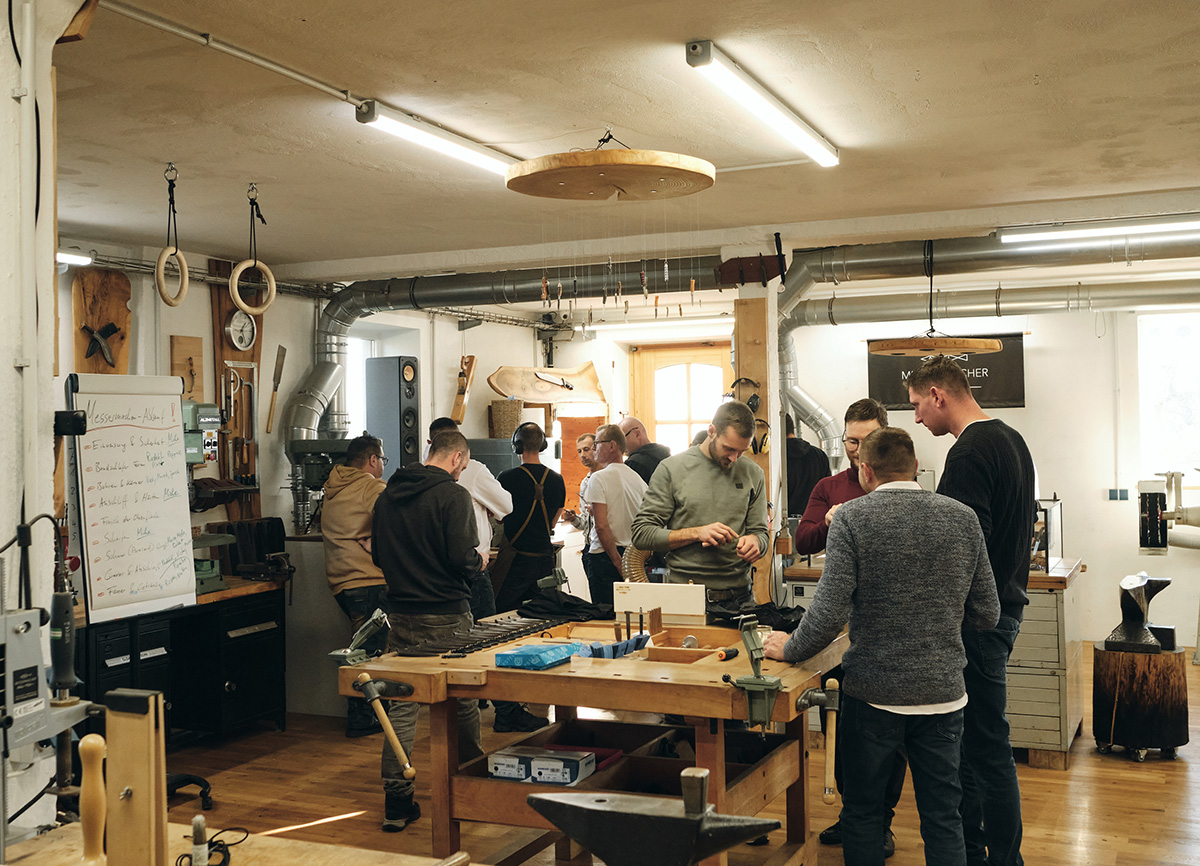Made in Germany

Made in Germany – this label is associated with outstanding quality. However, the famous three words were officially established by the British. Back in the 19th century the British felt the desire to clearly mark the origin of a product in order to protect their local produce. The British Merchandise Marks Act took effect on 23 August 1887 and stated that all goods should clearly indicate their country of origin.
Soon the words Made in Germany became an internationally renowned indicator of quality and precision. Today top German export goods include motor vehicles and parts, machinery, chemical products, computers, electronics and electrical equipment and according to the Federal Statistical Office the future looks bright with German exports having risen by 8.5 per cent over the past year (April 2012-13) and the trend is believed to continue. Besides the big corporations it is also the medium sized and family businesses from the most diverse industries which contributed to this remarkable result. Manufacturers all over the country are continuously striving to optimise their products in terms of aesthetics, functionality or efficiency. They work tirelessly to keep up the good reputation of the famous three words and prove over and over that you can’t do wrong in choosing a product made in Germany.
Dr Philipp Rösler, Federal Minister of Economics and Technology, stated: “We are proud of our companies and workforce – of the success of our so-called German Mittelstand. They are the ones who ensure that our economy is particularly efficient and productive, and is internationally competitive. Products from Germany quite rightly enjoy worldwide renown. The quality seal “Made in Germany” is a symbol of this. Economic success is created through effort and good economic conditions, not through protectionism and state intervention. The social market economy is the basis of our success story. It is now especially important to respect the principles of the social market economy, which are more modern than ever. Growth and competitiveness cannot be ordained by law – they must be achieved again and again by hard work.”
By Tina Awtani, published in Discover Germany issue 5 – July 2013 | Photos: GALLERIE LAFAYETTE / VISIT BERLIN / STEFFEN
Subscribe to Our Newsletter
Receive our monthly newsletter by email




